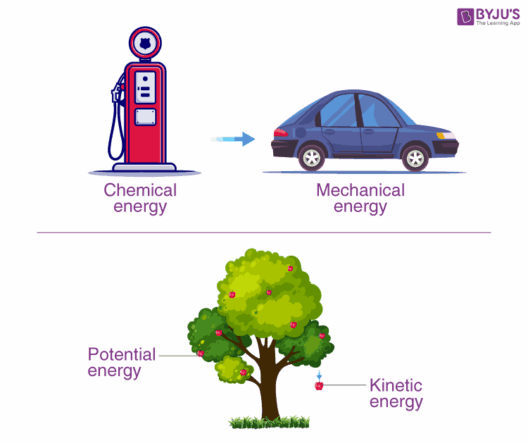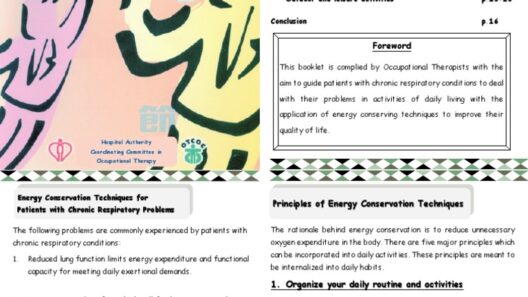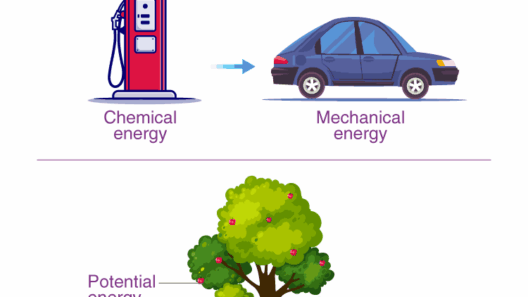In an era marked by pronounced climate change and finite resources, practicing energy conservation has become indispensable. The mantra “Power Down Save Up” highlights the imperative of reducing energy consumption not only for financial savings but also for the sustainability of the planet. Homeowners are often in a prime position to effect significant energy reductions with relatively simple modifications. Below, various strategies are delineated to facilitate effective energy conservation within a home environment, ensuring that both ecological and economic benefits can be reaped.
1. Efficient Appliance Usage
One of the most straightforward ways to conserve energy is to utilize energy-efficient appliances. The ENERGY STAR label is an excellent marker to identify devices that consume less energy than their conventional counterparts. When shopping for a refrigerator, washing machine, or air conditioning unit, opting for these certified products can yield substantial savings on energy bills while minimizing environmental impact.
Moreover, the judicious use of appliances can further enhance energy efficiency. For instance, running dishwashers and washing machines with full loads can maximize the utility of water and electricity used. Additionally, scheduling the use of energy-intensive appliances during off-peak hours when electricity demands are lower is beneficial. This practice not only conserves energy but may also lead to reduced utility costs.
2. Smart Home Technology
Incorporating smart home technologies is increasingly becoming a focal point for energy conservation. Devices such as smart thermostats, which can learn user preferences and automatically adjust heating and cooling schedules, help maintain optimal temperatures without excessive energy use. These devices can identify patterns in occupancy and adjust settings accordingly, minimizing waste.
Smart lighting systems that utilize LED bulbs and motion sensors contribute further to this endeavor. LED bulbs consume less power and have a considerably longer lifespan than traditional incandescent bulbs. By installing motion sensors, lights can be programmed to turn off when a room is unoccupied, ensuring that energy is conserved effectively.
3. Insulation and Weatherization
Proper insulation and effective weatherization of homes are crucial for reducing energy expenditure associated with heating and cooling. Inadequate insulation can lead to significant energy loss, especially during the winter and summer months. Packing walls, attics, and floors with insulation materials can drastically reduce the reliance on heating and cooling systems.
Sealing windows and doors with weatherstripping or caulking can further prevent drafts and maintain desired indoor temperatures. Window treatments, such as thermal curtains and blinds, provide an additional layer of insulation that can minimize heat transfer. By creating a barrier against the elements, homeowners will find themselves expending less energy to maintain comfort.
4. Renewable Energy Sources
Integrating renewable energy options into homes is an impressive step toward energy conservation. Solar panels, wind turbines, and geothermal systems can provide sustainable energy solutions that significantly reduce reliance on nonrenewable energy sources. In addition to being environmentally friendly, many of these systems can generate savings on energy bills over time.
Installing solar panels may require a considerable initial investment; however, state incentives and tax credits can aid in offsetting the cost. Once operational, solar panels can produce energy for household use, make excess energy available for sale back to power companies, and significantly reduce monthly electricity costs.
5. Mindful Consumption Habits
Beyond structural changes and the integration of technology, cultivating mindful consumption habits can lead to meaningful energy conservation in everyday life. Simple behaviors such as turning off lights when leaving a room, unplugging chargers and appliances when not in use, and minimizing the use of standby power can contribute significantly to energy savings.
Moreover, being conscious of water usage can also affect energy consumption, as heating water is energy-intensive. Taking shorter showers, fixing leaks promptly, and only running dishwashers and washing machines with full loads can help conserve both water and the energy required to heat it.
6. Sustainable Landscaping
A well-planned landscape can enhance energy conservation in a home. Strategically placing trees and shrubs can provide natural shade, reducing the need for air conditioning during the summer months. Furthermore, selecting native plants that require less water can alleviate water usage and reduce the carbon footprint associated with garden maintenance.
Installing permeable paving and rain gardens can manage runoff and reduce the need for irrigation. These landscaping features can both beautify outdoor spaces and contribute to energy conservation efforts.
7. Community Engagement
Participating in community initiatives aimed at energy conservation can magnify individual efforts. Collaborating with neighbors for bulk purchases of energy-efficient appliances, solar panels, or insulation materials can lower costs and increase awareness. Additionally, joining local environmental groups can provide resources, workshops, and tools to enhance individual and collective energy-saving strategies.
Moreover, advocating for community policies that promote renewable energy sources and sustainable practices can lead to more significant systemic changes, ultimately benefiting the broader environment.
Conclusion
In summation, conserving energy at home is not merely a concern for individual households, but a vital component of global sustainability efforts. By adopting efficient practices, leveraging advanced technology, and fostering mindful consumption habits, homeowners can significantly reduce their energy usage and contribute to a more sustainable future. With ongoing commitment and awareness, every household can play a crucial role in the overarching strategy of ecological preservation. The collective efforts of individuals, communities, and industries are essential in the transition toward a greener planet.







